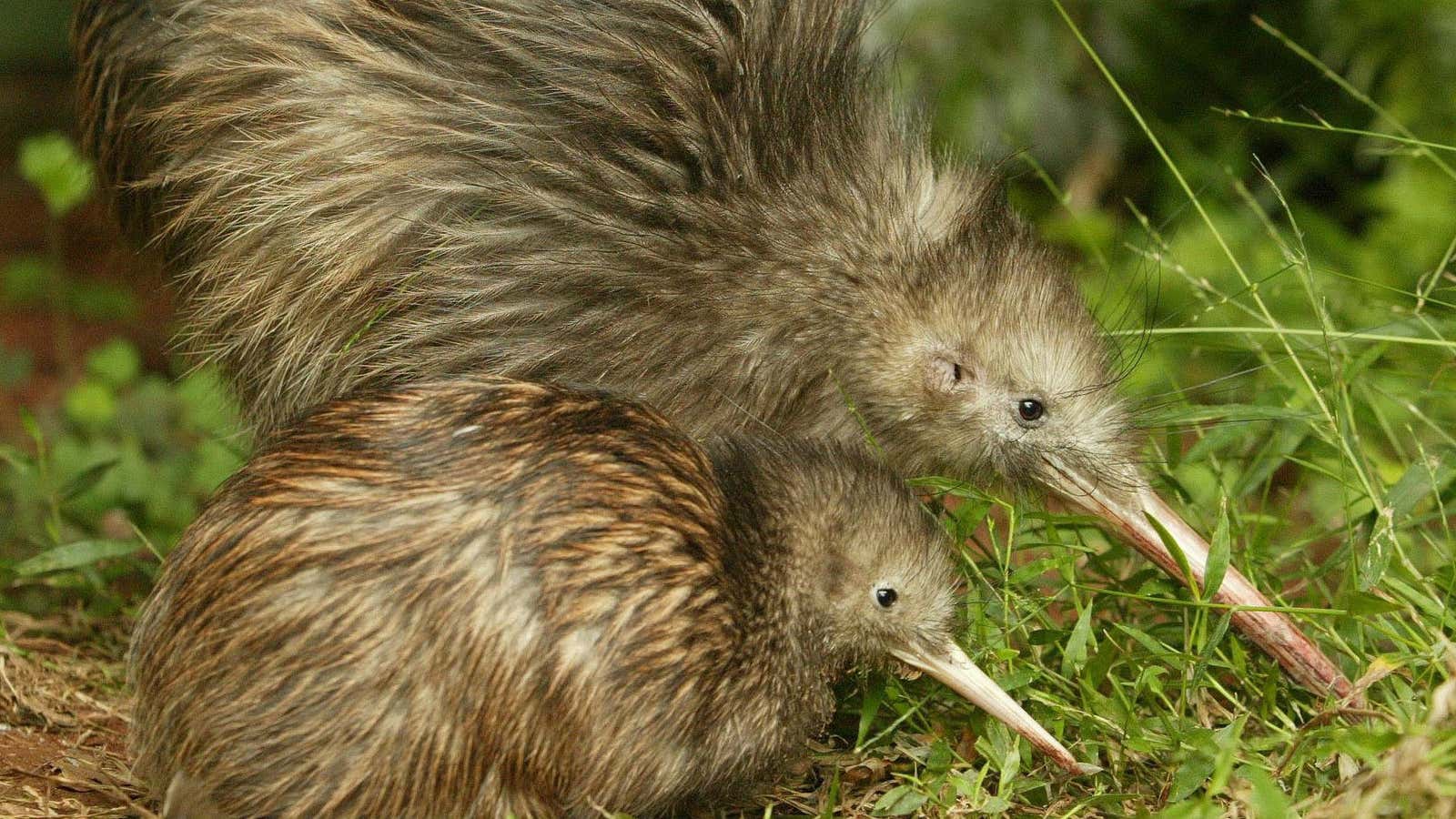New Zealand is the world’s biggest user of a pesticide called 1080, which is used to kill invasive mammals, with the backing of many environmentalists who want to protect the country’s unique native fauna.
But not everyone agrees: Two of the country’s biggest agriculture groups have received a threat to contaminate baby formula and other milk products with the highly toxic 1080 unless New Zealand stops using the pesticide by the end of this month.
Fonterra Cooperative Group, the world’s biggest dairy company, and the Federated Farmers trade group received the written threats along with envelopes containing concentrated samples of 1080 three months ago. Police said they only revealed the threat today because of unspecified “developments” in the case, and that it could well be a hoax.
“We have taken immediate and decisive steps to give our customers and consumers added confidence—including increased testing and security measures,” said Fonterra CEO Theo Spierings in a statement. Trading in the company’s shares, along with those of other dairy firms and futures, was halted in advance of the police announcement, and the New Zealand dollar sank to a six-week low. Dairy makes up about 8% of New Zealand GDP and accounts for about a quarter of its exports.
The poison threat, which was labeled an incident of eco-terrorism by Kiwi officials, could have implications far beyond New Zealand’s borders because of global fears about contaminated baby formula, especially in China, where 54,000 children were sickened by adulterated milk products in 2008. In 2013, Fonterra issued a global recall of some baby formula due to fears that products might have been tainted by botulism-causing bacteria, though it turned out to be a false alarm.
The use of aerially-sprayed 1080 to kill invasive species in New Zealand is controversial. The debate has mostly pitted hunters and animal rights activists—who don’t want invasive rats, stoats, possums, and rabbits to be eradicated—against many conservationist groups and farmers. Agriculture companies like Fonterra are big users of 1080 in part because possums can spread bovine tubercuclosis. New Zealand’s political parties, meanwhile, are split on the issue.
There have been periodic incidents of violent protests by anti-1080 groups, including the hijacking of a helicopter in 1995 and a bomb hoax at a 1080 contractor’s facility in 2010. It is manufactured by Alabama-based Tull Chemical and turned into pellets at factories in New Zealand, which uses 80% of the global supply.




